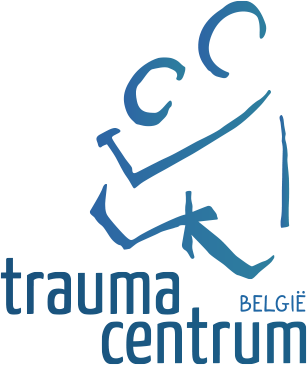The little girl with a dented soul
Full of self-confidence, she hops into the consulting room. Blond hair, neatly braided into plaits and dressed in pink, just like all other little girls of her age. She smiles at the child therapist and heads straight for the soft toys that are strewn across the floor. “I have a lot more at home”, she says proudly, “in so many different colours and shapes – and lots more dolls and Lego, and ….” She babbles non-stop about school, friends, and her Barbies... There is no sign of the pain deep in her heart and soul, or of the fear and the doubts.
There is no sign of the pain deep in her heart and soul, or of the fear and the doubts. Her parents are here too, to describe how angry she can be, how sad and desperate – and how, at times like this she says she doesn't want to live anymore. They are loving parents; they want the very best for their child. They use everything in their power to bring her up, make her happy and let her grow, literally and figuratively. But it is hard, they are struggling to find the right way. “How do we “read” her mind? Somehow, we just don’t understand her.” It doesn't have much to do with what has happened to the child, what she has suffered or experienced. It is largely to do with what is missing, what hasn’t happened or experienced in the attachment relationship.
Often because, as a parent, you do not possess the relevant knowledge about the required skills needed to build a safe attachment relationship. We must strive to obtain the very best for the child, and this means working hard to achieve a safe attachment relationship with her. Parents are not aware of the fact, that the lack of self-reflection and recognition of their personal unresolved (attachment) trauma history, interferes with their attachment capability. The required skills of sensitive responsiveness, being able to contain the dysregulation of the child, mentalising, shared pleasure… must not be missing. The ability of the parent to see clearly the difference between himself and the child, is the basis for a safe attachment relationship.
If I know exactly who you are, I can help you develop your authentic self by responding adequately to your needs, your emotions, your thoughts, your body, your dreams … And as a child, when I can recognise myself through your eyes, I feel valued and worthwhile, I feel “my self.” Dear, little, pink girl, if we can learn to “see” you, if our thoughts, feelings, and actions are geared to who you are and what you need, then you will be truly understood.
Then, and only then, you will be truly “self” confident.

